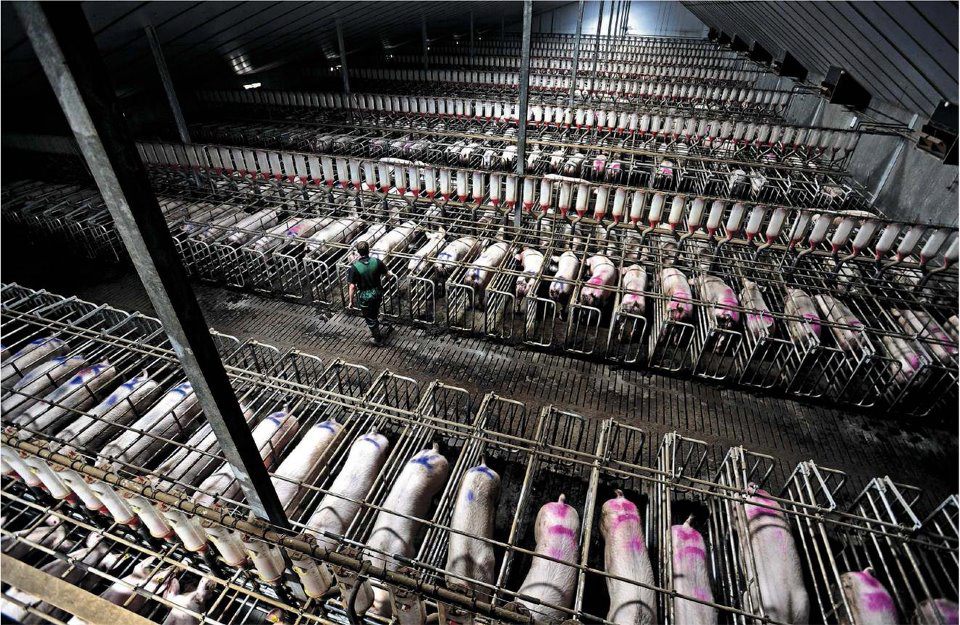Healthy Hunting
It must be stated though that I’m speaking about hunting from the perspective of a person who has spent his entire life growing up around people who take pride in hunting safely and responsibly, and who has from a young age been instilled with the same desire to hunt ethically. This means only shooting what I have a tag for, and shooting to ensure that where I hit the animal it’ll go down as quickly as possible. My knowledge of hunting is also fairly limited compared to some people. While I have been hunting since I was 10, my only real experience with hunting has been for deer, specifically Blacktail deer in southwest Washington. My dad and I have experimented in the past with bear, elk, and mule deer, but the vast majority of my experience is with Blacktails. I’ve also only ever hunted with modern firearm (ordinary hunting rifles) and never bows, which I’ll state why later on. The central point I’m getting at here is that hunting is not for everyone, and that’s understandable, especially if the individual lives nowhere near a hunting spot, but if a person is very serious about eating the healthiest meat, and has the time and work ethic to spare, hunting, along with fishing, farming, and foraging, is one of the best, if not the best way to get your meat fix, and I’ll state why by explaining how it’s the most ethical, healthy, and natural way to do so.
Hunting is
also natural, especially when pairing it up against factory farming, in the
sense that animals are hunted directly from their natural habitat. The meat is
obtained in the wild, and not from the store. The amount of stress experienced
in its natural habitat is much less than the stress it experiences while being
processed in a factory farm. In addition to this, hunting helps to cull game
from the environment that would otherwise go unchecked due to the lack of
natural predators in the wild. This is especially true in southwest Washington
where there is really nothing to get in the way of Blacktail deer overpopulating
the area and overeating certain plant life. It is sometimes beneficial to cull
game from the wild as well, especially older bucks who keep the younger ones
from breeding, or older or sick animals. Population control is good for the
environment especially, as it prevents the extinction of certain kinds of plant life in a given area with a large deer population.
In today’s
world eating meat is a choice rather than a need. In America we don’t need it
in abundance to survive anymore, but I as well as billions of others in this
country still like to eat our meat. Hunting allows us to indulge our desire for
meat, but moderately and responsibly, while also doing so in a way that
supports the conservation of plant-life at risk of becoming scarce due to
overeating caused by the unchecked growth of animal herds. Of course getting
one’s meat this way is not for everyone and is certainly not convenient for
people who live deep in the city, but for those who may have the option to
hunt, I believe this to be a very valid and ethical means of getting meat. I
believe that especially today, where we often do not know where our meat comes from or how the animal was treated prior to its slaughter, that a new appreciation and
motivation for hunting your own meat should be fostered within those in this
country who have the option to do so.
Here are the links I've posted to two videos from the Rocky Mountain Elk Foundation's YouTube channel that I believe act as a sort of introduction to the sort of responsibility that hunters must have for themselves while hunting in today's world, as well as links to two articles that briefly detail both the health and economic benefits of eating wild game:
Responsibility of Hunters Today:
Honoring the Hunted
Here are the links I've posted to two videos from the Rocky Mountain Elk Foundation's YouTube channel that I believe act as a sort of introduction to the sort of responsibility that hunters must have for themselves while hunting in today's world, as well as links to two articles that briefly detail both the health and economic benefits of eating wild game:
Responsibility of Hunters Today:
Honoring the Hunted

Comments
Post a Comment